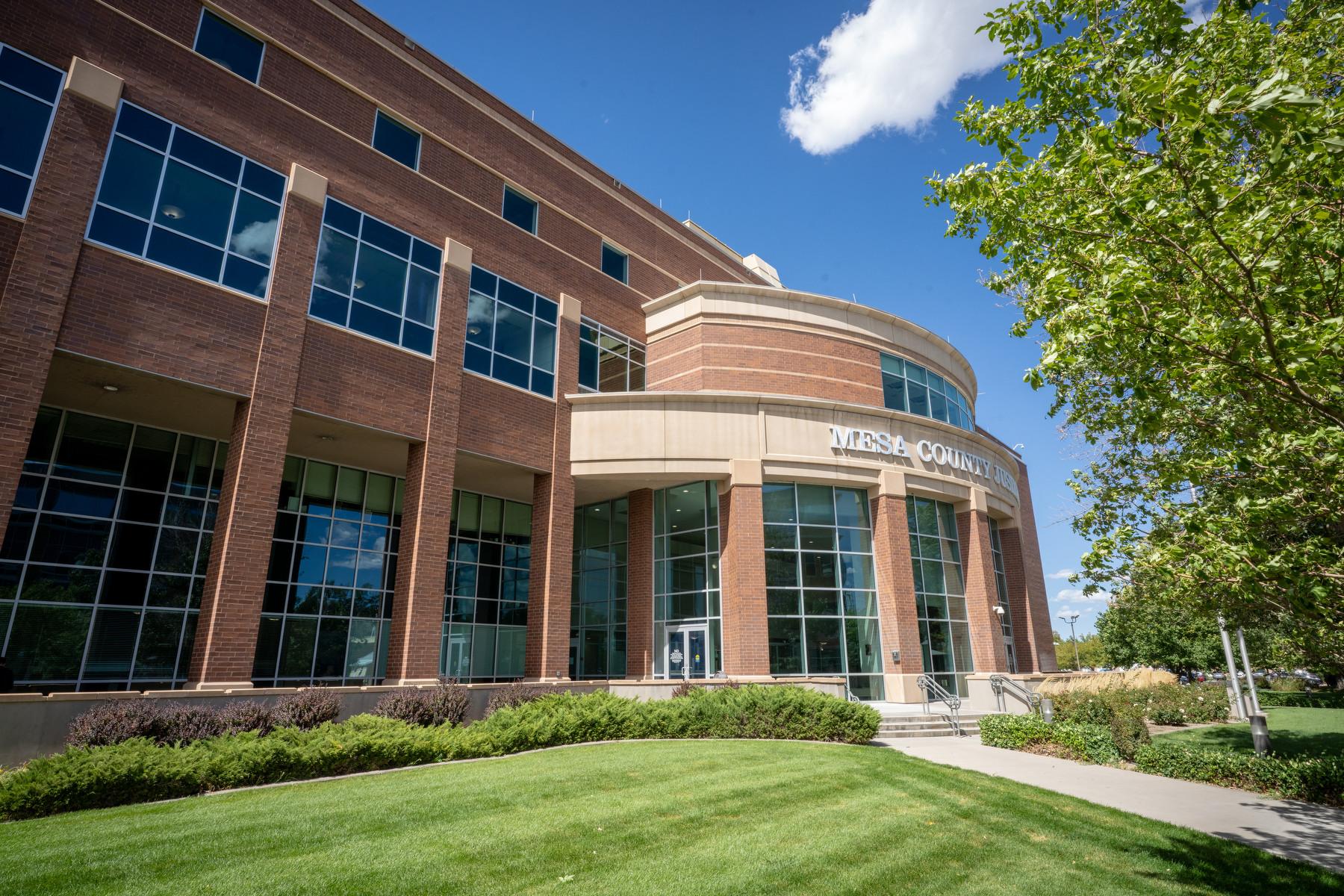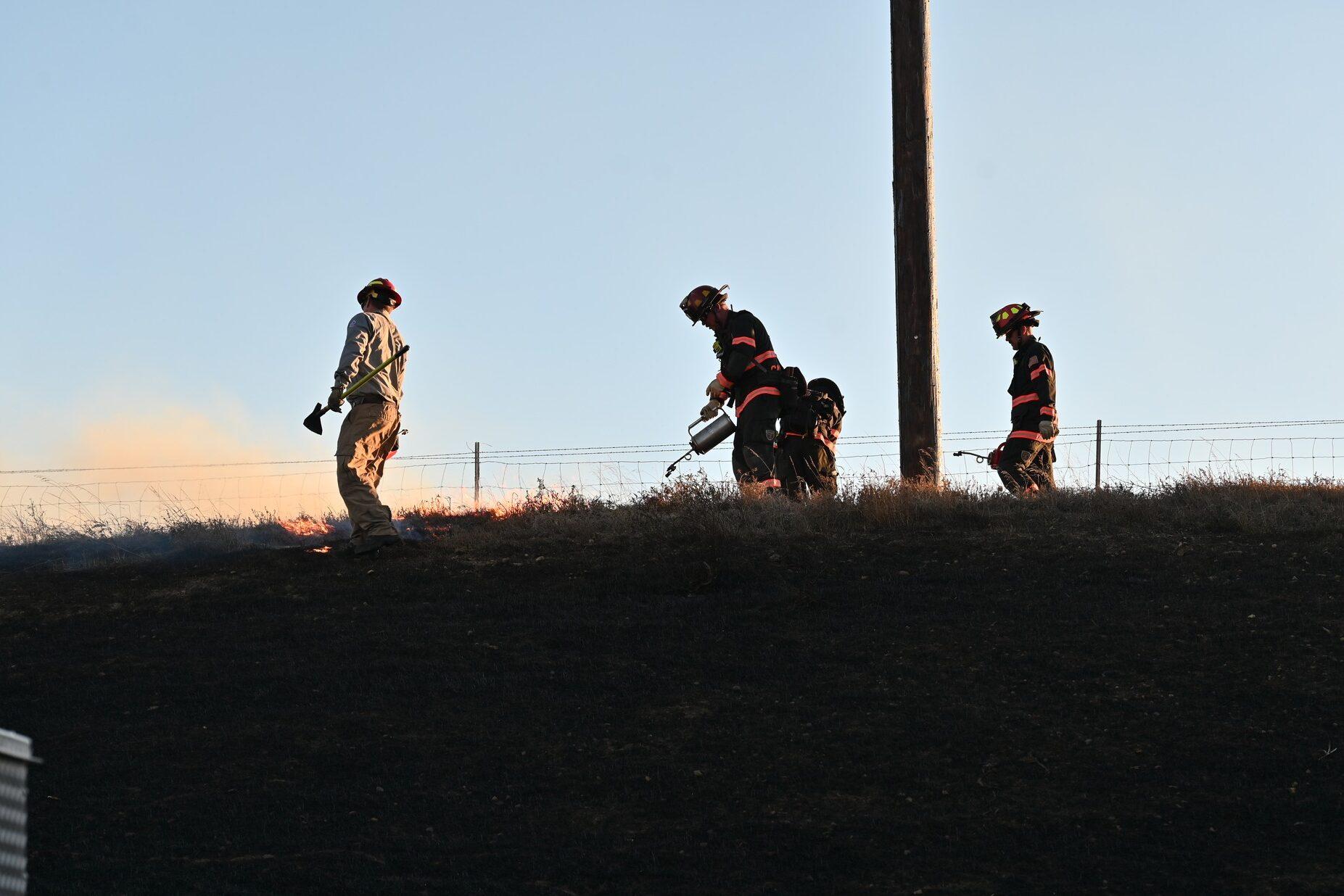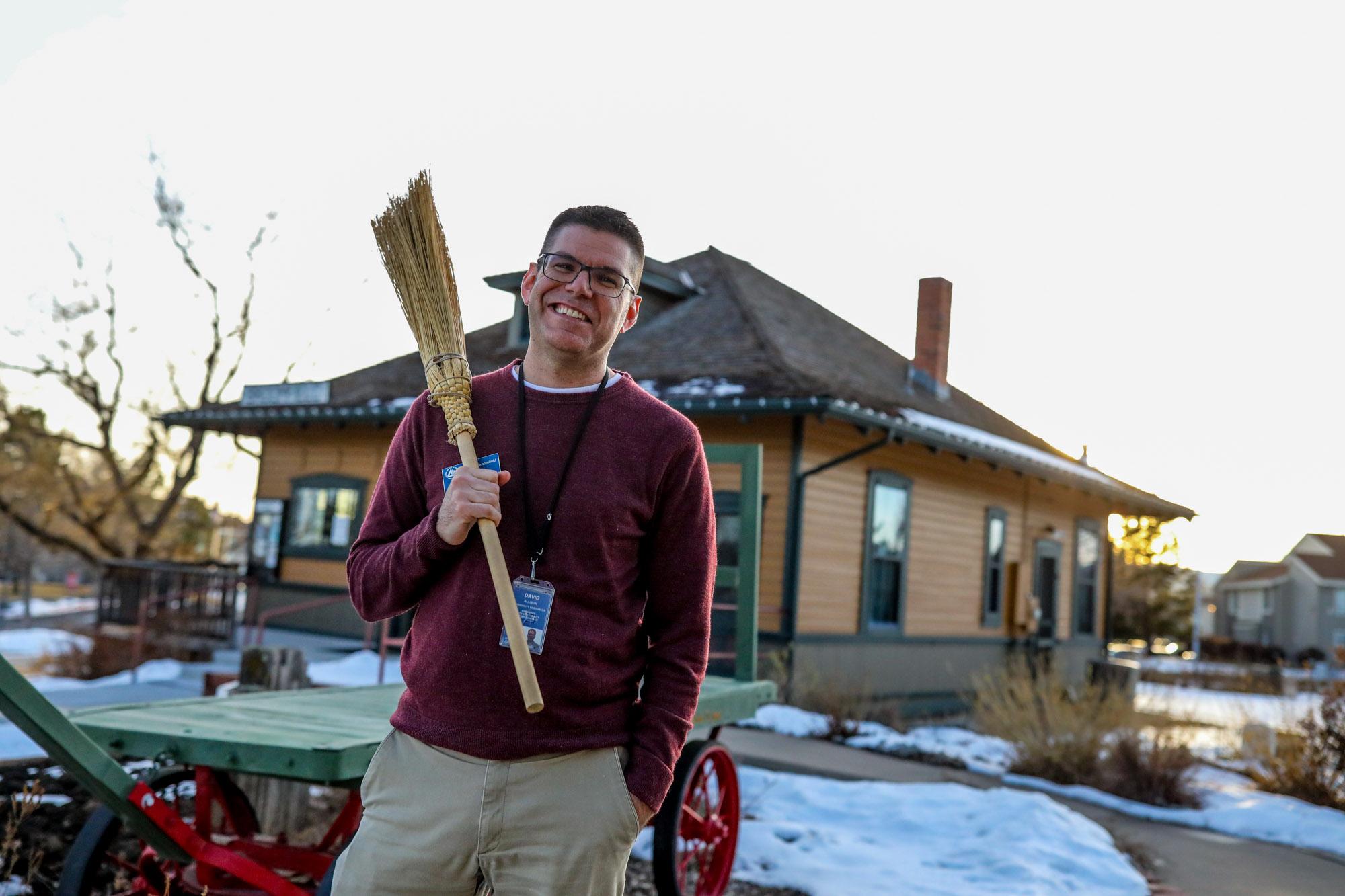
Colorado’s newest county, Broomfield, turned 20 in November, 2021. The city of Broomfield turned 60 back in June. (I didn’t even get them a gift.) When I learned I had missed the party, my hamster wheel started turning: where did the name Broomfield come from?
So I went to see a man with a broom.
“Most folks attribute it to the broom corn crop, which many people thought grew around this area in the late 1800s,” says David Allison, coordinator of the Broomfield Depot Museum. He swept the museum’s wood floor as he explained that broom bristles do not actually come from corn, as the crop’s name suggests, but from a type of sorghum.
Hearing him speak, I bristled at words like “most folks” and “many people thought.” Surely historians must know for certain where Broomfield got its name. Alas, no. They have eliminated less likely explanations and settled on the broom corn story.
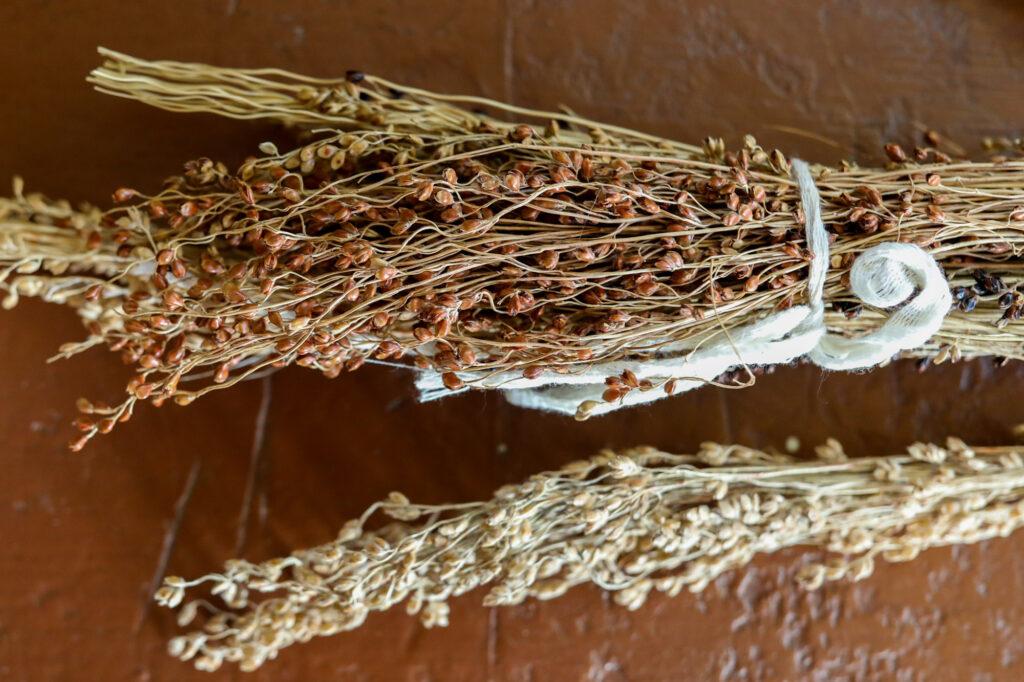
“One of the other theories is that Broomfield, England, which has a very beautiful castle, may have been the namesake,” Allison explained. “Anglophiles coming into this area really might have loved the castle there and wanted to name it after Broomfield. But we can't find much evidence of that.”
Maybe Broomfield was a fancy person’s last name? Nope. “There are some Broomfields in the historic record,” Allison told me, quickly adding “quite frankly, the Broomfield in question wasn't all that notable of a person.”
Allison thrives on the inconclusiveness. “History is full of things that we cannot put our fingers on definitively, but that is fun to explore.”
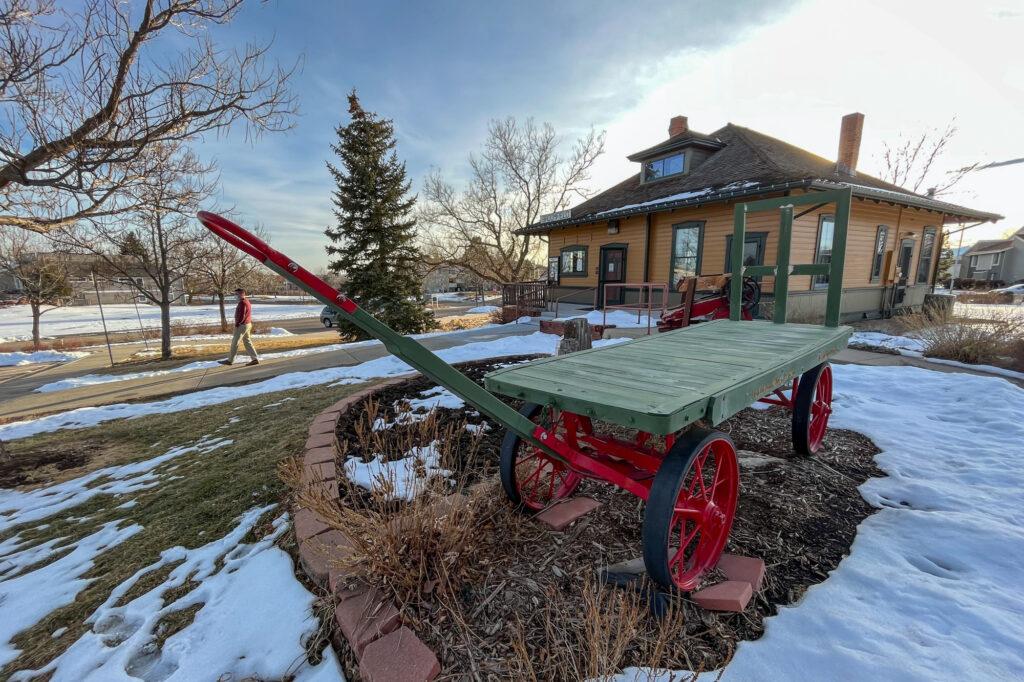
More Colorado Wonders stories
- A year in photos: What Colorado looked like in 2021
- How do you pronounce Wynkoop? It depends
- These birds aren’t just near the ocean, they (peli)can live in Colorado, too
- Add road salts to the long list of things killing Colorado trees

